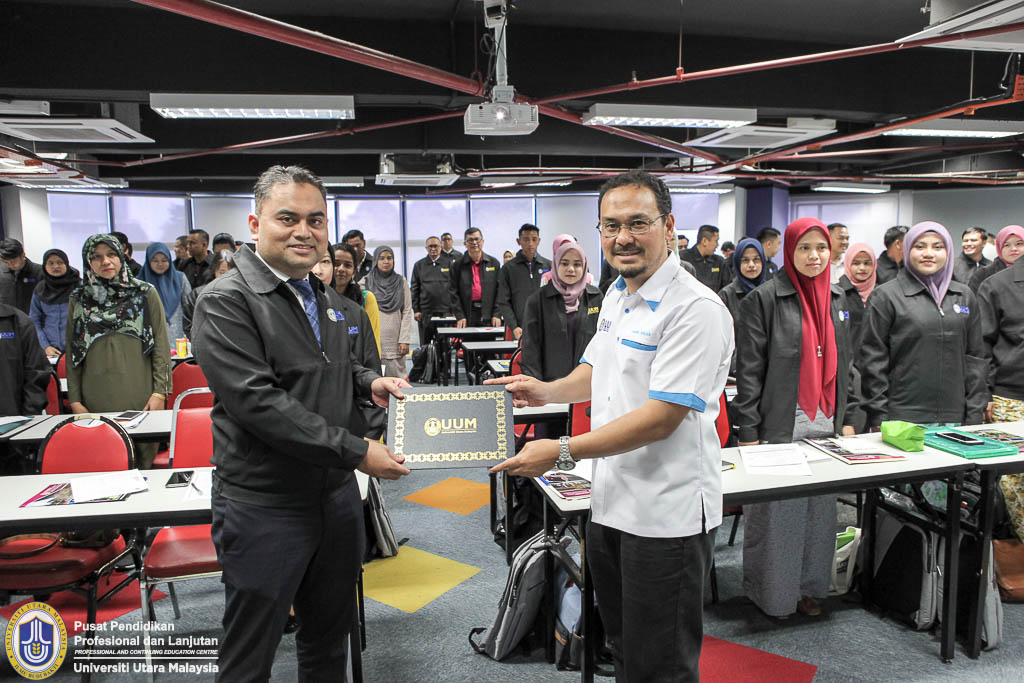Subtotal $0.00
Self-Efficacy for Information System
General self-efficacy is a person’s perception of their ability to perform tasks across various contexts (Chen, Gully, & Eden, 2001). This is typically assessed by addressing confidence levels in performing tasks and whether someone can do or accomplish a given task.
This is a recommended, validated, and reliable scale for measuring general self-efficacy. The scale below has been adapted from Chen, Gully, and Eden (2001) to align with the best practices outlined in our best practices for questionnaire design

This is a recommended, validated, and reliable scale for measuring general self-efficacy. The scale below has been adapted from Chen, Gully, and Eden (2001) to align with the best practices outlined in our best practices for questionnaire design.
Self-efficacy has its roots originated from the Social Cognitive Theory (Bandura, 1986) where self-efficacy is defined as one’s confidence in his or her abilities to perform a task successfully. Social Cognitive Theory suggests that individuals who have more confidence in their skills and abilities will exert more effort to perform a task, persists longer to overcome any difficulties than those who have less confidence in their abilities (Hasan, 2006). Based on the general concept of self-efficacy, Compeau & Higgins, (1995) defined the concept of Computer Self-Efficacy as one’s confidence about his or her abilities to perform a computer related task successfully.

